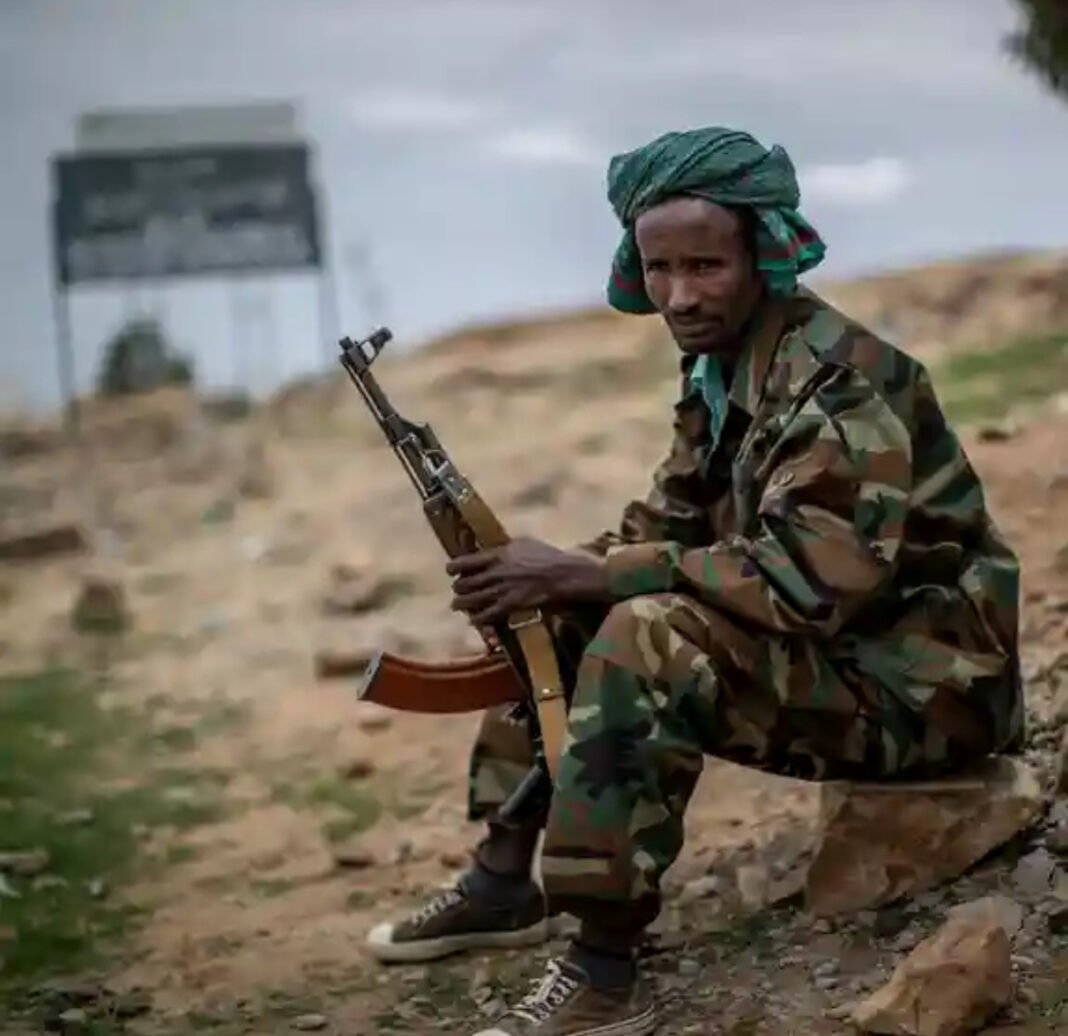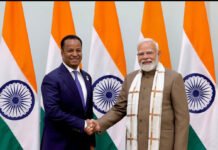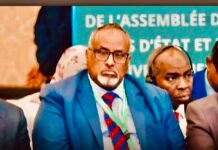By Horn Africa News
Two and a half years after the an peace agreement that ended the devastating war in Ethiopia’s Tigray region, there is growing international concern about renewed instability in the country’s north. As tensions simmer beneath the surface, regional and international actors are increasing their efforts to support conflict prevention and uphold the fragile peace.
The 2022 Pretoria Agreement, signed between the Ethiopian federal government and the Tigray People’s Liberation Front (TPLF), brought an end to two years of intense fighting that left tens of thousands dead, displaced millions, and caused a humanitarian crisis of immense proportions. However, despite the cessation of active hostilities, unresolved political grievances, the slow pace of implementation, and growing distrust between stakeholders threaten to undermine progress.
A newly released report by a regional think tank has drawn attention to the complex dynamics at play, warning that a failure to address the root causes of the conflict could lead to renewed violence. The report notes that while the guns have mostly fallen silent, peace remains fragile, especially in contested areas such as Western Tigray and parts of the Amhara and Afar regions.
The role of Eritrea, Ethiopia’s neighbor to the north, has also come under renewed scrutiny. During the war, Eritrean forces were accused of committing atrocities while fighting alongside Ethiopian troops. Despite the peace deal, concerns persist about the continued presence and influence of Eritrean forces along the border and in sensitive areas. International observers warn that without transparency and accountability, Eritrea’s involvement could once again inflame tensions.
At the same time, Ethiopia faces growing internal pressures. Armed movements in the Amhara region, ongoing tensions in Oromia, and rising ethnic nationalism have made national reconciliation more elusive. Separatist groups and regional militias continue to challenge federal authority, further complicating efforts to achieve lasting peace.
In response, regional bodies such as the African Union (AU), the Intergovernmental Authority on Development (IGAD), and international partners including the United States, the European Union, and the United Nations are stepping up diplomatic engagement. Special envoys and peace missions have been dispatched to engage with key actors, promote dialogue, and provide support for post-conflict reconstruction.
“The peace deal was a critical step forward, but it is only the beginning,” said one African diplomat familiar with the peace process. “We now need sustained political will, inclusive dialogue, and meaningful reforms to ensure that Ethiopia does not slide back into conflict.”
Human rights organizations are also calling for greater attention to accountability and justice for war crimes committed during the conflict. Survivors and civil society groups have demanded an independent investigation and the establishment of transitional justice mechanisms to help communities heal and rebuild trust.
There is also a growing recognition that peace cannot be achieved by political elites alone. Local communities, youth, women, and traditional leaders must be included in peacebuilding efforts to foster reconciliation and ensure long-term stability.
Despite the challenges, there is hope. Many Ethiopians remain determined to avoid another war, and voices from across the political spectrum are advocating for nonviolence and compromise. International partners have pledged continued support for reconstruction, humanitarian aid, and democratic reforms.
As the world turns its focus back to northern Ethiopia, the message is clear: peace must be protected through inclusive dialogue, accountability, and genuine commitment from all sides. The hard-won gains of the past two years must not be lost. With coordinated action and sustained international attention, Ethiopia has a chance to chart a path toward lasting reconciliation and a more peaceful future.




